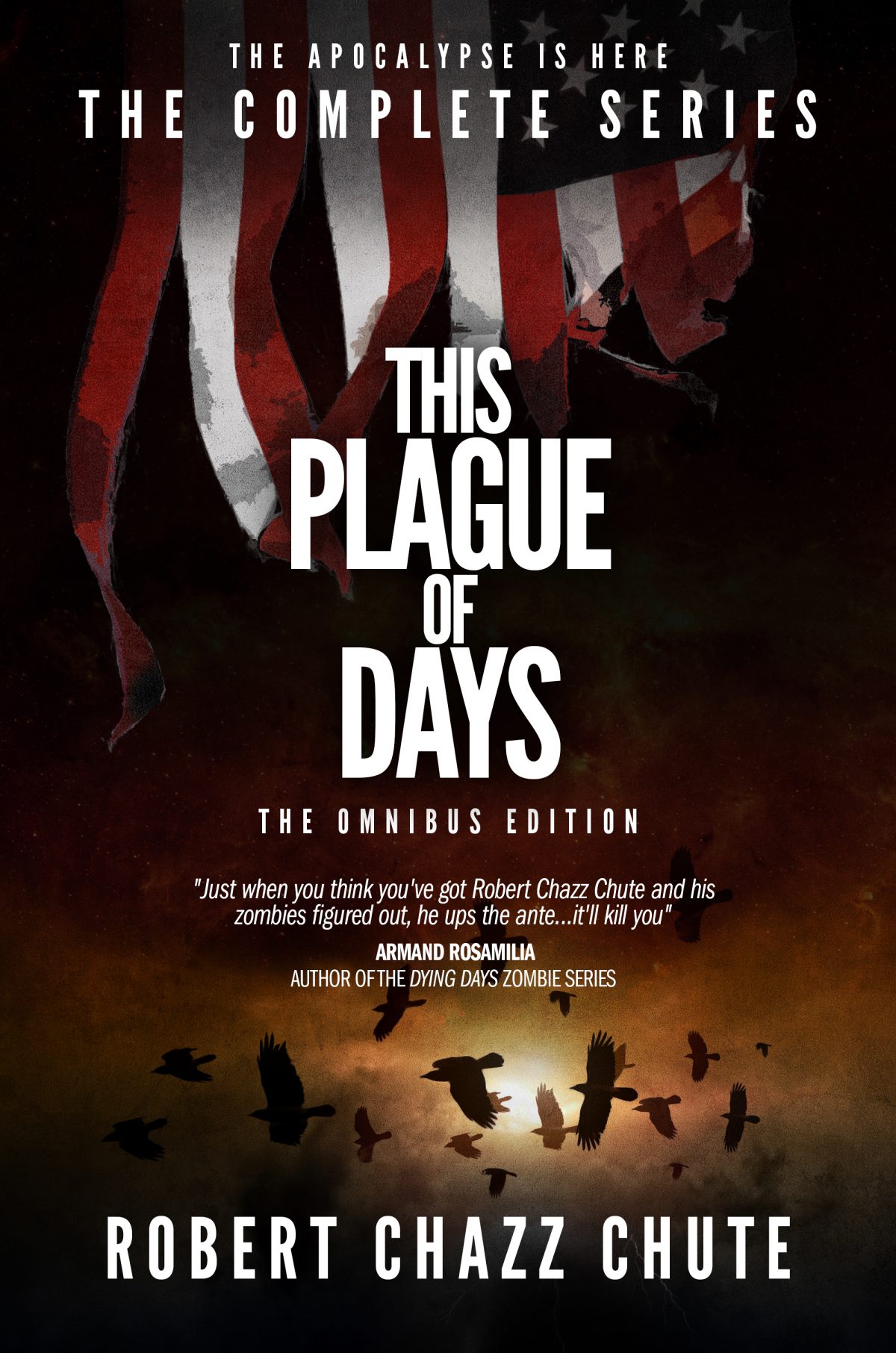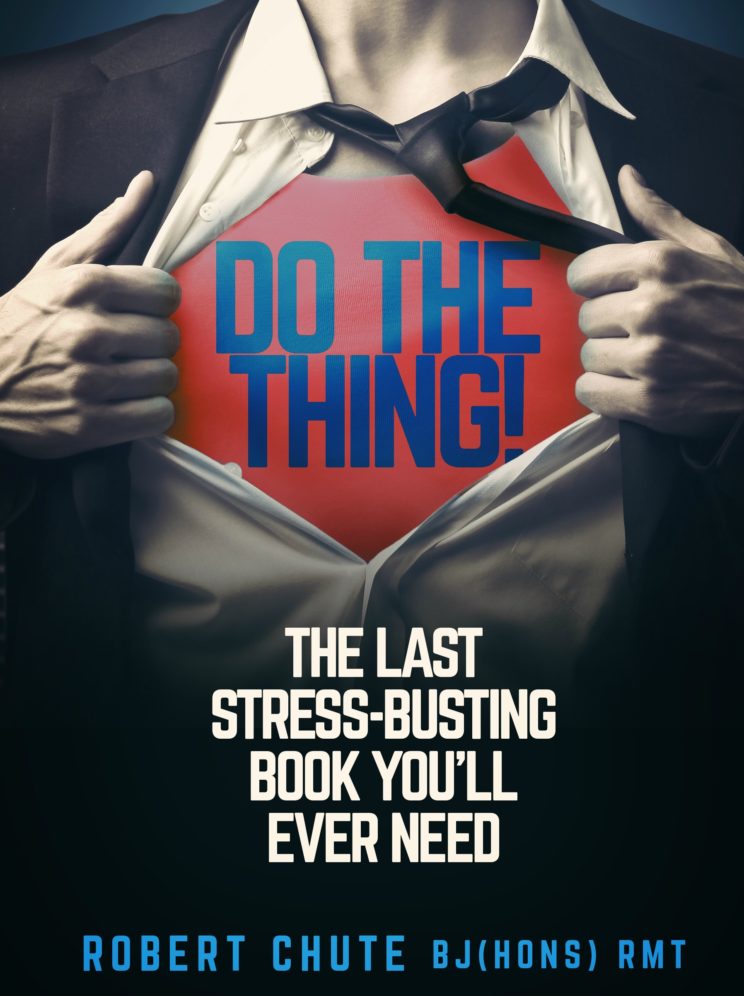Something I’ve noticed lately is the number of people who end conversations with, “Stay safe.” We didn’t used to say that so often, but we sure do now. Given all that’s going on, that makes lots of sense. Besides the carelessness of those in power, misinformation, and disinformation are a couple of reasons why we’re in danger. Today, I have thoughts on why that is.
Alternatively, you can skip to the bottom of this post for stress management suggestions.
In our stupid timeline, there is no social cost for being a rabid conspiracy theorist. RFK, for instance, says he wants to make sure vaccines are safe. That will be difficult to prove to him since he doesn’t believe existing scientific research. He is dangerous, and more people will die because of him. His reward? More power to enact his dumbassery.
More Knuckleheads
It’s so strange to see people arguing the world is flat. How does that flashback to the ancient world fit? As they argue, they’re bouncing the twit signal off satellites to their cell phones. We have so much information at our fingertips, but some of us are terrible at critical thinking.
Flat Earthers are easy to stump. Are all the pilots on Earth in on it? What’s their motivation? Is Big Oblate Sphere paying everybody off? Why? How? If the Earth is flat, why can’t I see all the aircraft at once with a telescope? And we don’t have a single picture of the great ice wall that keeps us from falling off the edge? Weird. What could the explanation be? Are the answers stupid? They’re stupid, aren’t they?
Why do silly people defend their silliness?
In This Plague of Days, I came up with a line I think about often: A rational argument doesn’t work on an irrational person. Are there real conspiracies? Sure, there are a few that are real, but silly people aren’t interested in the actual and factual. Truth isn’t their point. Their convictions spring from fear and self-aggrandizement. Ignorant and unintelligent is a tough way to live.
Please note:
There is evidence that informed and bright is no picnic in the park, either.
But back to dumbassery. If the conspiracy theorists know something you don’t, they can feel superior. Go deeper, and you’ll find their fear. They are searching for a feeling of control in a world that is out of control. For that, I sympathize. I feel for them because they’re right about something. They’re trying to claw back some power wherever they can because they feel helpless.
In some regard, we are all helpless.
Things can go along great, but then a crack in your windshield shatters your budget. You feel good and strong, but then the doctor calls to talk about that recent blood test. We are all subject to the changing whims of global political forces. Hundreds of variables can affect your stress. A bit of delusional thinking can really aid in alleviating that problem. We feel more power when we ignore certain things (e.g. mortality, the underpaid underclasses, and that your cat often thinks about eating you).
Control is an illusion.
Jean-Luc Picard said that, so it must be true. But where does that leave us? How about we take our delusions of grandeur in a more useful and positive direction? Here are my humble suggestions:
- Be more social. It extends your life. (As an introvert, I’m wary of this, but I’m trying.)
- Support your friends.
- Accept support.
- Read more fiction that you know is fiction.
- Read credible non-fiction books (i.e. not RFK’s book).
- Ease up on the doom scrolling.
- Make more jokes. Find more reasons to laugh.
- Focus on what you can do, not what you can’t do.
- Self-care might mean a spa day, but a long hot bath or shower after a walk in the woods is cheaper.
- In my book Do The Thing, I paradoxically suggested that you keep your to-do list short and your to-don’t list long.
- Declutter.
- Exercise.
- Stretch and take more deep abdominal breaths to make your nervous system less nervous.
- Help someone else, and you’ll feel better.
- Start on that thing you’ve been putting off for months that will take less than twenty minutes to complete.
- For bigger projects, just start on a small bit. Tell yourself you’ll only tackle it for a short time. You’ll probably get more done. Starting is hard. Continuing is easier.
- Ask yourself, “Is this thing I’m doing giving me value?” (It’s okay to stop doing things that aren’t helping you.)
- Ask yourself, “Am I setting myself on fire to keep others warm?” (I’ve done this one a lot!)
- Those mistakes you made long ago? You regret them. The person who made those mistakes isn’t you anymore, are they?
- To preserve your energy and sanity, stop trying so hard to change others. Start with you. People resent a good example less than a doofus slinging decrees.
- People say love is the answer (though fudge yields the same happy hit on the neurons).
- Give up on measuring your accomplishments by other people’s metrics. Your happiness is not about what you should want. It’s about what you really want.








